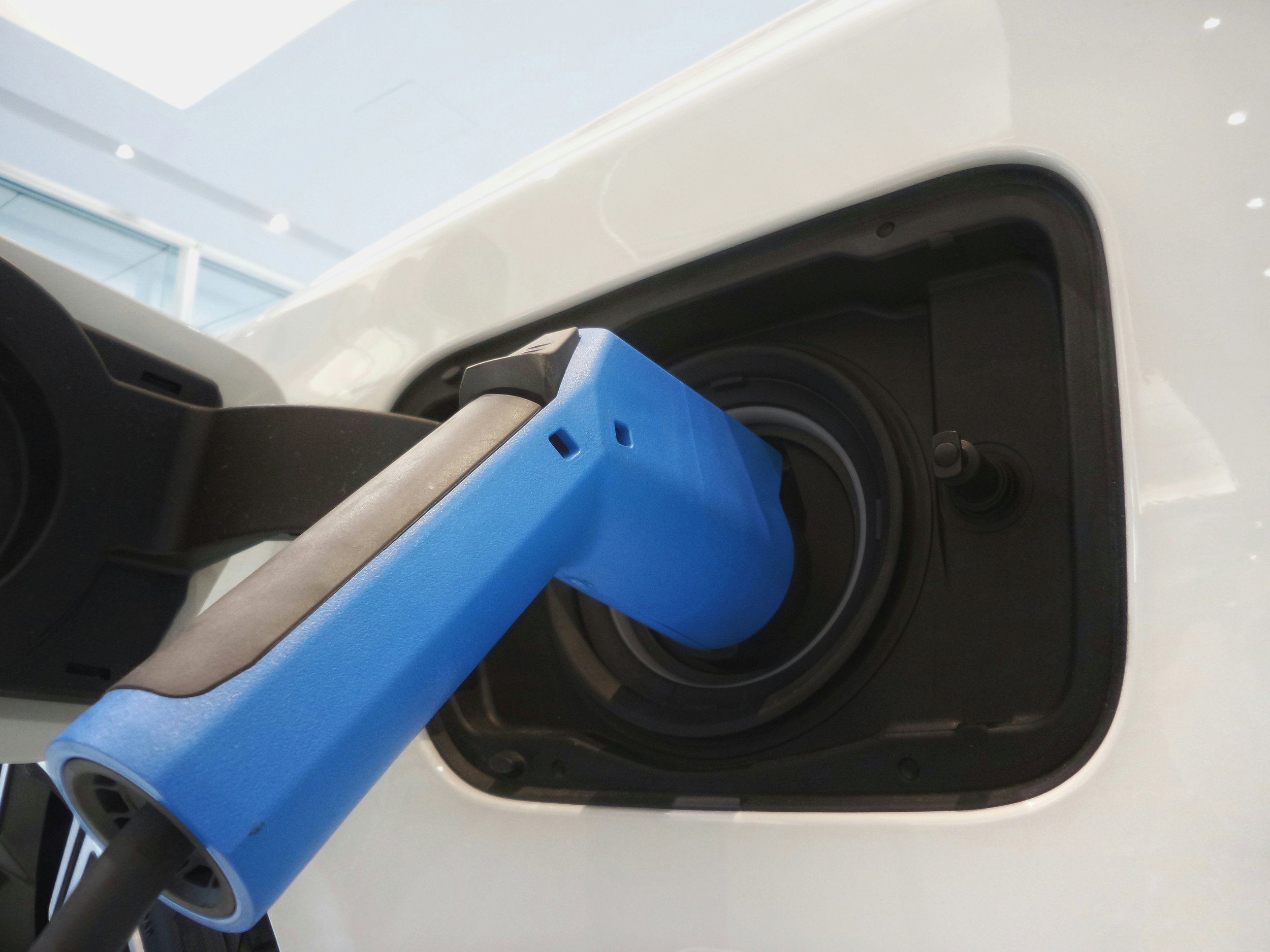
Service 01
Carbon Credits
Issues
Increasing demand for carbon credits
In order to meet the goal of the Paris Agreement to limit global warming to the level of 1.5°C, renewable energy, energy efficiency and new technologies play major roles and yet GHG emissions from human activities cannot be eliminated 100% without carbon credits due to a lack of technology or unviable costs.
This has led to the increasing demand for carbon credits driven by corporate’s commitments to decarbonise and to reach their net-zero targets. According to the Taskforce on Scaring Voluntary Carbon Market (TSCVM), the annual global demand for carbon credits in 2030 is estimated between $5 billion and $50 billion1 with an expectation of at least $10 billion to $25billion2 while an insufficient supply of high-quality carbon offset credits is predicted.3 Hence, there is a need to leverage the market to bring high social impacts as well as the environmental impact such as CO2 savings.
The criticism against the transparency and reliability of carbon credits
Secondly, there is a need to improve the transparency and reliability of carbon offsets, given the criticism against them in the past.
For example, the research by the Oeko-Institut, INFRAS & Stockholm Environment Institute suggested that the majority of Certified Emissions Reduction (CER) had low or over-estimated “additionality”.4 Over-crediting is also observed in California’s offsets program.5 There is also a study that found the mitigation of climate pollution by clean cookstove was over-estimated due to the self-reported data.
Our Solutions
Companies can compensate their residual emissions, which are unavoidable by internal abatement measures, through financing carbon projects around the world. This will support businesses achieving net-zero goals and/or offering carbon-neutral products and services.
Futures Inc. has been collaborating with our dedicated partners on the ground to identify the most suitable communities to deploy forestry, clean cookstove and mangrove projects.
Because of our backgrounds at the UN and in international business development, we have the benefit of having established, long-term personal relationships with accomplished and trustworthy local partner organizations in many of the nations and regions that can most benefit from carbon offset projects.
These projects will not only generate significant verifiable carbon savings but also deliver significant economic, environmental, health and education outcomes for individual households and indigenous people to reduce income inequality.
We also utilise an innovative technology suite featuring IoT sensors and a Blockchain ledger to ensure the accuracy of carbon savings and more equity to the communities.
Project Portfolio
1. Nature-based Solutions(NbS)
Afforestation, Reforestation and Revegetation(ARR)
Improved Forest Management(IFM)
Mangrove rehabilitation and reforestation
2. Technology-based Solutions(TbS)
Electric bus
Wastewater treatment
Mine methane capture
Gas flaring
Biochar
3. Community-based TbS
Improved cookstoves
Livestock carbon(manure management and enteric fermentation)
Waste to compost
Alternative Wetting and Drying(AWD) of rice paddy
Project Pipelines
-
Philippines
Zimbabwe
Malawi
-
Philippines
Zimbabwe
Malawi
Guyana
Angola -
Philippines
Zimbabwe
Malawi
Guyana
Angola
Technology
Our innovative technology suite featuring Blockchain ledger, IoT sensors and satellite imagery data can ensure the accuracy of carbon savings and more equity to the communities. It is designed to assist the carbon offset industry to rebuke criticism and evolve towards a more trustworthy and transparent platform.
How we intend to roll out the technology?
Co2 reduction, Co-benefits visualization.
Offsets written to the blockchain through IoT sensors are more reliable and trade at higher Prices than methods through the hands of a person.
*we have a track record at the United Nations.
Futures Inc. recognizes that the existing legal verification systems (such as VCS) will continue to be the methodology that officially generates and credits the carbon offset on our projects.
We will begin offering satellite data linked to blockchain in order to augment the conclusions of the verifying entity and to improve the project results and perception for both the offset purchaser and the communities.
How it works?
System Architecture (A example of a reforestation project)
Contact us
Futures Inc.
Sankyo Building 3F, 3-27-1,
Shimorenjaku, Mitaka-shi,
Tokyo 181-0013, Japan
McKinsey&Company. (2021, January). A blueprint for scaling voluntary carbon markets to meet the climate challenge. Retrieved from McKinsey&Company:
https://www.mckinsey.com/business-functions/sustainability/our-insights/a-blueprint-for-scaling-voluntary-carbon-markets-to-meet-the-climate-challengeTSVCM. (2021, January). Taskforce on Scaling Voluntary Carbon Markets. Retrieved from https://www.iif.com/tsvcm
Sylvera. (2021, June). The Carbon Credit Crunch. Retrieved from Sylvera.
Oeko-Institut, INFRAS & Stockholm Environment Institute(SEI). (2016, March) How additional is the Clean Development Mechanism? https://www.atmosfair.de/wp-content/uploads/clean_dev_mechanism_en.pdf
CarbonPlan (2021, April) Systematic over-crediting of forest offsets https://carbonplan.org/research/forest-offsets-explainer







